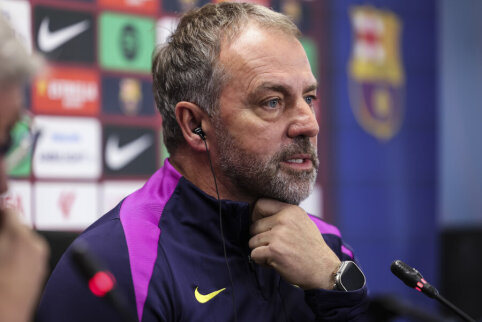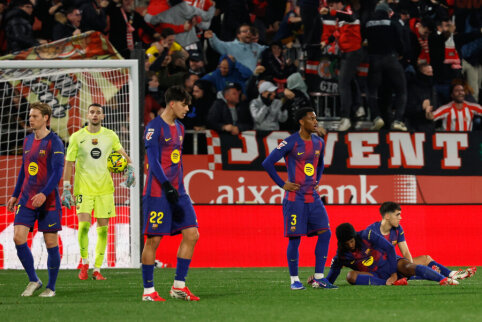 © JumpStory
© JumpStory
Football is the most popular sport in the world, where exceptional athletic abilities, strategy, technical skills, and emotions merge. For many spectators, it seems that having extraordinary talent is the key to achieving success in this game. However, while talent is undeniably important, chance can also play a decisive role.
Some football experts argue that success often hinges on crucial events on the field, while others believe that talent and hard work are the cornerstones of success. So, what is truly more important in football – talent or successful chance?
In football, talent refers to natural physical and technical abilities, such as speed, coordination, strength, and ball control. Some players possess an innate ability to control the ball or execute complex movements, which gives them an advantage over their opponents. Famous footballers like Lionel Messi and Cristiano Ronaldo are considered talented because of their exceptional skills, demonstrated since the early days of their careers.
However, talent alone does not guarantee a path to success. In football, talent must be continuously developed through hard work, training, and dedication. Even the most gifted players must spend hours honing their skills to reach a higher level. This shows that natural abilities alone are not enough without the determination and discipline to utilize them.
Moreover, football talent is not limited to individual skills – the ability to collaborate with the team, understand tactics, and adapt to the flow of the game is also very important. Even the most talented players can perform poorly if the team fails to utilize them effectively within the overall game plan.
While talent and hard work are fundamental elements, football is a game where chance can have a considerable impact. Unforeseen events, such as injuries, weather conditions, referee decisions, or even the ball hitting the crossbar, can change the outcome of a game. For this reason, some players, coaches, and fans believe that success in football is inseparable from luck. This theory is particularly endorsed by football enthusiasts for whom betting is closely related to their favorite sport.
For example, at the 2010 World Cup, Uruguay's defender Luis Suárez stopped a shot from Ghana's team with his hand in the last minute, after which Ghana missed a penalty kick. This random event altered the course of the entire game and allowed Uruguay to advance to the semifinals. Such episodes remind us that chance can have a huge influence even in the highest-level football matches.
In football, random factors such as a player’s career circumstances are also significant. Many talented footballers may go unnoticed if they grow up in areas where football infrastructure is not well developed. On the other hand, some players are fortunate enough to be spotted at the right time, play in the right team, or receive offers from talent scouts who recognize their potential.
The most successful footballers often have not only talent but also the ability to take advantage of favorable coincidences. For instance, a player may have talent, but without the right timing and circumstances, they may remain undiscovered. Additionally, sometimes random events provide players the opportunity to shine in extraordinary situations and showcase their talent, which might not have been visible to the broader football audience under different circumstances. This is particularly true for players from smaller national teams who capitalize on such moments during the European or World Football Championships watched by millions.
Major victories in football history are often the result of the interaction between talent and chance. Tactical strategies, individual mastery, and unforeseen circumstances intertwine to create an unpredictable but wonderful outcome of the game. Thus, talent and chance are not opposites but rather two sides of the same coin, together determining the trajectory of football matches, championships, or careers.























